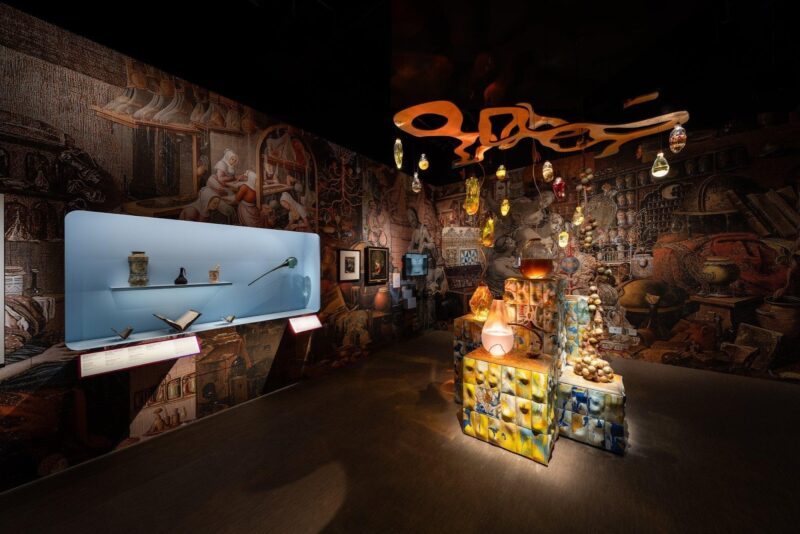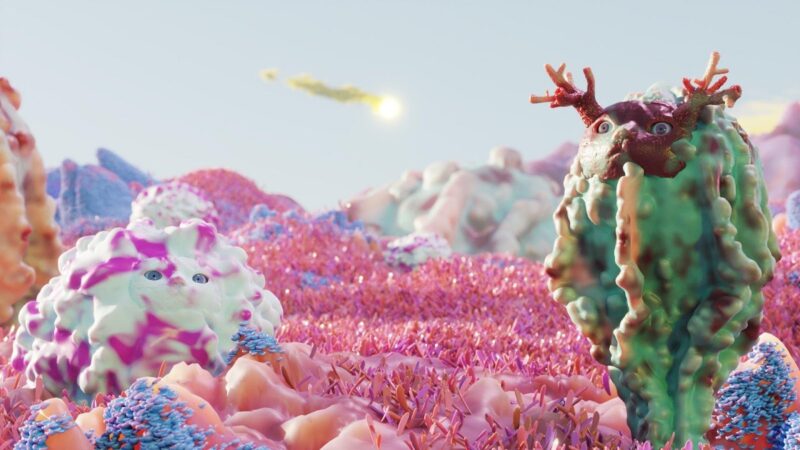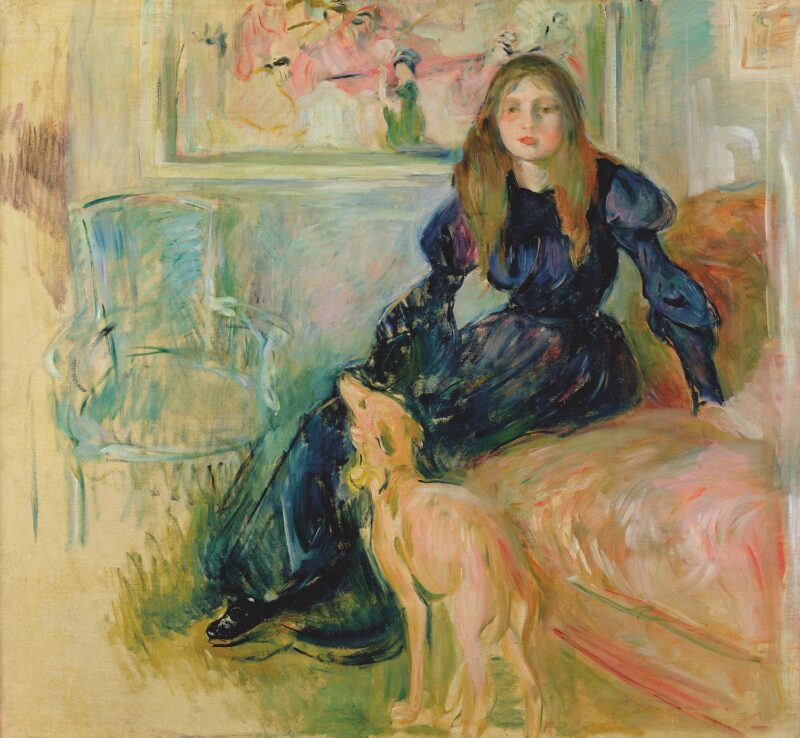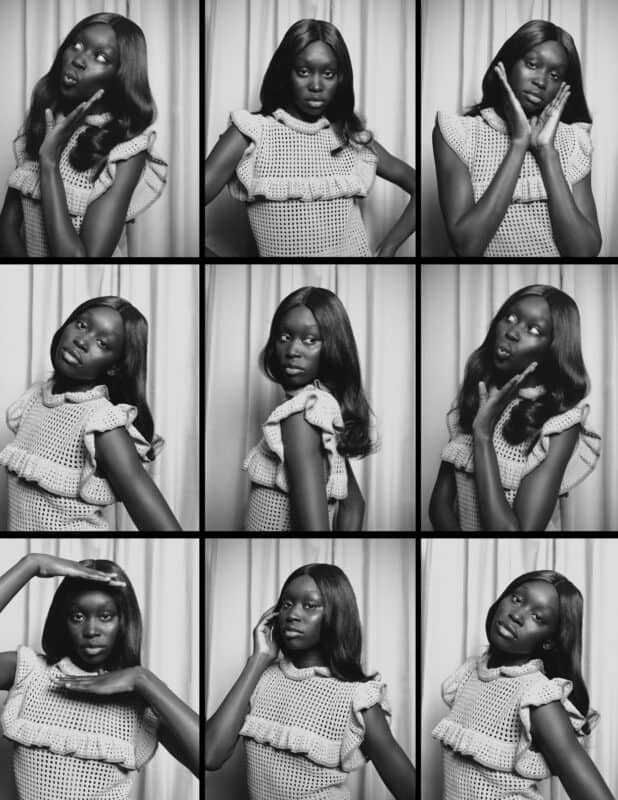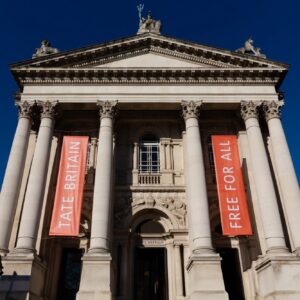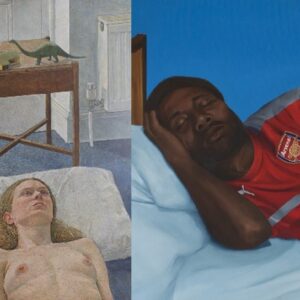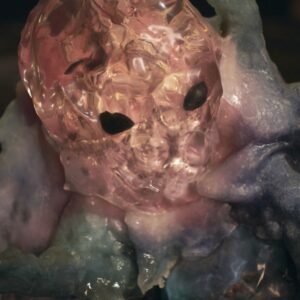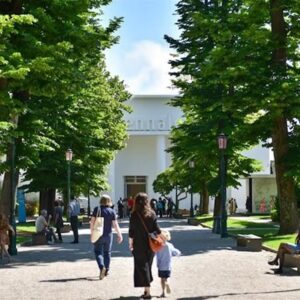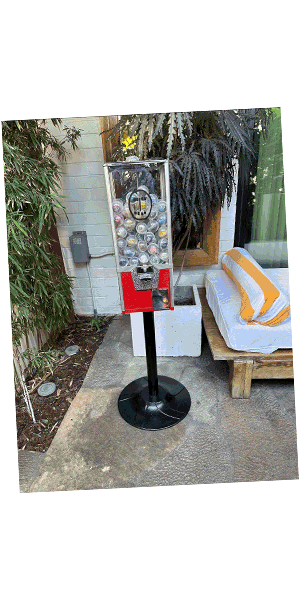This October 2023 the Wellcome Collection will present The Cult of Beauty, a major exhibition exploring notions of beauty across time and cultures. This exhibition will examine the profound influence of morality, status and health, age, race, and gender on the evolution of ideas about beauty through history.
Through new artist commissions, contemporary artworks, and historical and modern material, The Cult of Beauty will include over 200 objects and artworks featuring artists Juno Calypso, J.D. Okhai Ojeikere, and Angélica Dass amongst others. As well as new commissions by Narcissister, Xcessive Aesthetics, Renaissance Goo x Baum & Leahy, Makeupbrutalism (Eszter Magyar), The Unseen and the new film,
Permissible Beauty.
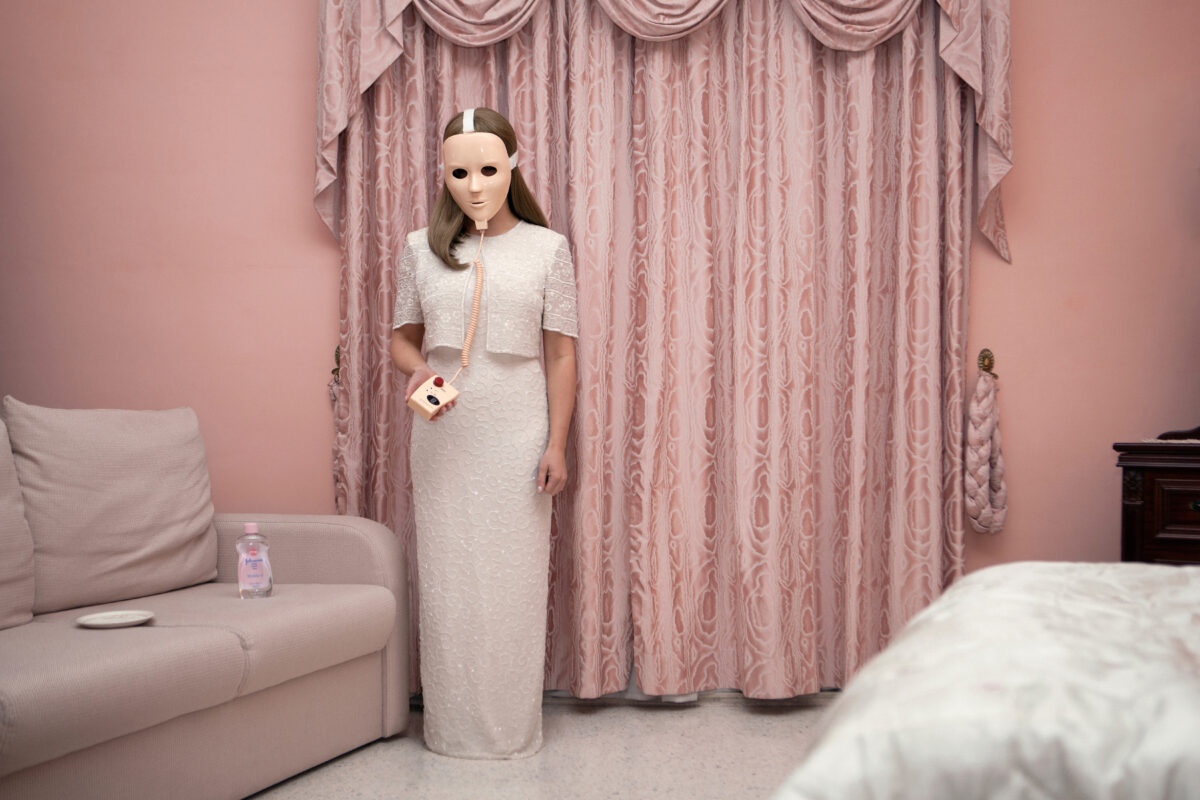
The exhibition will explore three overarching themes: The Ideals of Beauty, The Industry of Beauty, and Subverting Beauty. It will invite visitors to question established norms, challenge preconceived notions of beauty and will encourage dialogue, reflection, and more inclusive definitions of beauty.
Subverting Beauty will question what beauty means in society today and how it can be used as a tool to subvert social constructs. New commissions include an experiential installation of digital content from the global south by Xcessive Aesthetics exploring the opportunities nightclub bathrooms can offer as platforms for experimentation and community-building. While a film and new sculptural work by Narcissister, will consider the crushing weight of beauty ideals within mixed-race mother-daughter relationships.
Film installation Permissible Beauty (2022), developed by singer-songwriter and art historian David McAlmont, photographer, Robert Taylor and filmmaker Mark Thomas, amongst other Black artists and creatives, will be shown in a museum exhibition for the first time. Responding to the absence of Black Queer visibility in national history, it explores why some forms of beauty are more permissible, and more highly valued than others and – through new portraits of six Black Queer Britons – offers up a new chapter of British beauty.
The Ideals of Beauty will consider the beliefs that have shaped the pursuit of unattainable beauty in society across time and cultures, by presenting historical objects such as corsets from the 18th century up to today; miniature figurines from circa 640 BC; an Egyptian mirror from 800-100 BC; William Hogarth’s etchings from the mid-1700s; Bird in Hand, a powder compact designed by Salvador Dali from the 1950s, from celebrity makeup artist Lisa Eldridge’s prized collection.
Produced in consultation with author, academic and broadcaster Emma Dabiri, the group display Racialised Beauty, will highlight historical artefacts such as 17th century French Game of Goose and German photographer E. O. Hoppe’s The Book of Fair Women (1910-21) to address racist and exoticising pasts. Pop culture examples such as Josephine Baker and Rihanna’s beauty brand, Fenty, will illustrate successful stories of disruption.
Artist Cecilie Waagner Falkenstrøm will present the new commission An Algorithmic Gaze II (2023), an AI-generated, endlessly morphing human form created from a wide range of datasets of bodies. This looping visual shifts, morphs and elongates, demonstrating the variety in human body shapes as a poetic invitation to meditate on the changing human form. Community, history, and identity also form a significant aspect of The Ideals of Beauty, in a section dedicated to hair. This Hair of Mine (2017), a film by world-renowned hairstylist, British Fashion Council’s Changemaker Prize recipient Cyndia Harvey forms a central part of this display along with Hairstyles (1971-75) by J.D. Okhai Ojeikere, photographs celebrating uniqueness and diversity of cultural traditions in Nigeria. Jennifer Ling Datchuk’s We Climb (2021) comments on the cultural significance of hair and the strength and support within the Asian American Pacific Islander (AAPI) community. It references the German fairy tale Rapunzel and the reclamation of imagery of ladders from US racist propaganda of the Chinese Exclusion Act of 1882.
The exhibition will also approach The Industry of Beauty as a key theme to investigate the relationship between medicine and cosmetics, while tracing a history of product innovation, revealing how the industry has influenced our relationship with our bodies and self-image. British photographer Juno Calypso will present works featuring pastel pink and blue interiors, chintzy curtains and 1970s finger food, whilst her alter ego, Joyce, inflicts rigorous (and lonely) beauty regimes on herself. Shown alongside a new installation by Makeupbrutalism, a conceptual art project made by the London-based visual artist and content creator Eszter Magyar, these works question how beauty has been instrumentalised as monetary and cultural currencies.
The concept of beauty as currency is further explored through beauty pageants and cosmetic surgery. Sarabande resident Artist Shirin Fathi will present The Disobedient Nose (2022), an interdisciplinary project of photography, sculpture and installation, based on collections at Wellcome, which examines gender representation in relation to the contemporary culture and beauty ideals imposed on Iranian women through cosmetic surgery.
A new multisensory commission Beauty Sensorium (2022) will invite visitors to engage with the development of beauty’s rich connection to scientific knowledge in a tactile way. Developed by Professor Jill Burke, a historian of the body, along with soft-matter scientist Professor Wilson Poon, Dr. Andreia Silva, and art and design studio Baum & Leahy, the immersive installation room reinvents Renaissance iconography and materiality in playful, biophilic organic forms constructed by glass and ceramics.
Finally, The Cult of Beauty will also present products and voices such as Kohl Kreatives that have supported and championed accessibility in the beauty industry and changes in packaging over time. It will highlight examples of good practices of innovation within the industry creating products that adapt to the needs of different type of bodies and abilities.
The Cult of Beauty is curated by Janice Li, Wellcome Collection curator, and is accompanied by a programme of events and limited product editions in the Wellcome Collection Shop. Two new books will be published in dialogue with the themes explored in the exhibition, Disobedient Bodies by Emma Dabiri and Jill Burke’s How to be a Renaissance Woman, both of whom also contributed to the development of the exhibition.
The Cult of Beauty, 26th October 2023 to 28th April 2024, Wellcome Collection

